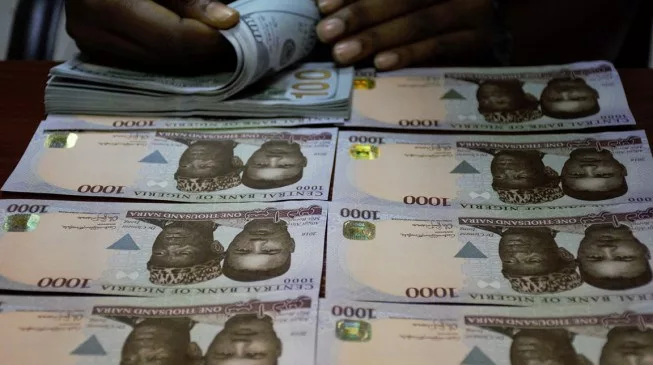Nigeria faces an alarming and escalating crisis that threatens its stability and future prosperity – a mounting debt burden. While national debts are not inherently negative, Nigeria’s rising debt levels are a cause for concern, and concerted action is required to avert an impending economic catastrophe.
The statistics paint a worrying picture. According to data from the Debt Management Office (DMO) and other financial institutions, Nigeria’s total public debt, which includes external and domestic debt, reached a staggering ₦35.5 trillion (approximately $87 billion) by the end of 2021. This represents a steep increase from ₦12.12 trillion in 2015.
The problem is not merely the size of the debt but its growth rate. Nigeria’s debt has been snowballing at an alarming pace, and the consequences of this trajectory are a cause for serious concern. While the government argues that debt is essential to finance critical infrastructure projects and stimulate economic growth, the question remains: at what cost?
One of the most ominous signs of Nigeria’s impending debt crisis is the increasing cost of servicing this debt. The government now spends an alarming portion of its revenue on debt servicing alone. In 2020, Nigeria spent a colossal N3.2 trillion on servicing its debt, which was nearly 80 per cent of the revenue generated by the Federal Inland Revenue Service (FIRS).
To put this in context, when such a substantial proportion of the national budget is allocated to servicing debt, it leaves fewer resources for essential sectors like healthcare, education, and infrastructure development, all of which are vital for Nigeria’s long-term growth and stability.
The situation is further exacerbated by Nigeria’s reliance on external loans. External debt exposes the country to currency fluctuations and the inherent risks of relying on the stability of foreign economies. Nigeria is particularly vulnerable due to the constant depreciation of its currency, the Naira, against the United States Dollar. This currency devaluation increases the cost of repaying external debts in local currency terms, which, in turn, inflates the debt burden.
Nigeria’s growing debt burden is not merely a matter of fiscal numbers. It has real consequences for everyday Nigerians. As debt servicing consumes an ever-larger portion of the budget, it reduces the funds available for public services, social welfare, and development projects. Healthcare and education, already struggling, are set to suffer further. This impacts the quality of life for citizens and holds back the nation’s overall development.
Additionally, a higher debt burden can result in increased taxes and inflation, both of which affect the average Nigerian’s pocket. The country’s poor and middle class are hit the hardest by these economic shocks, exacerbating income inequality and social unrest.
To address this growing debt crisis, Nigeria must take immediate and decisive action. The government should provide more transparency regarding debt agreements and their terms. This includes reporting on how loans are used and how much they cost to service.
Nigeria should prioritise essential infrastructure projects that yield economic returns and avoid borrowing for recurrent expenses. Debt should be directed towards investments that enhance economic productivity.
Diversifying the economy and increasing revenue collection are key to reducing the need for further borrowing. Measures to reduce corruption and tax evasion are essential.
Exploring options for renegotiating existing debt terms, especially in the face of currency devaluation, is necessary to reduce the burden. Also, improved debt management, including monitoring and evaluating the efficiency of debt use, is essential. This can help mitigate the impact of the growing debt burden.
Nigeria’s growing debt burden is a pressing issue that requires immediate attention. The nation has enormous potential, and addressing this crisis is pivotal to realising that potential and ensuring a prosperous and stable future. It is incumbent on the government, financial institutions, and the populace to work together to avert this impending economic disaster and steer Nigeria towards a more sustainable path of growth and development.





